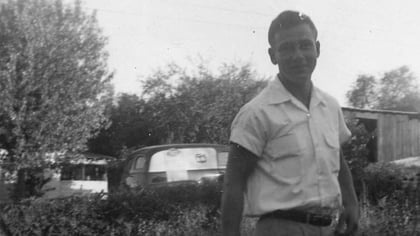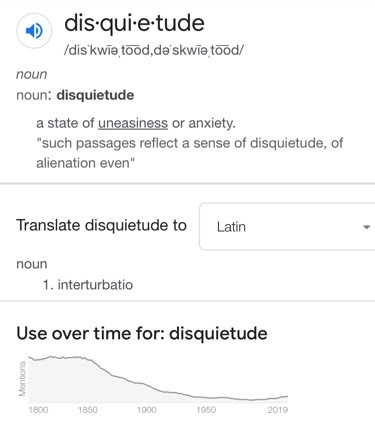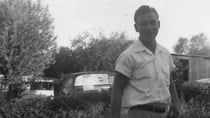Disquietude - #348

|
A few week's ago, Transfiguration Sunday found me at St. Anne's in their oceanside chapel. The day's prayer included this line, juxtaposed with a warm August sun on calm ocean, "...grant that we, being delivered from the disquietude of this world, may by faith behold..." I noticed the word disquietude. There's nothing more peaceful than being perched on sunny rocks above a smooth ocean; yet there's a deep sense of unease in the world today. I wondered what the writer meant by disquietude and why it seemed so resonant. Google helped me make sense of it: |
 |
|
Contemporary life, at least its public version, is a life of disquietude. Anxiety is one of our more prominent ailments. It's highly diagnosed and endlessly treated. Interestingly, the word disquietude, apt as it seems for today, as fallen into disuse. While I wouldn't argue for a state of anxiety, this word seems helpful in describing how we are: our age is attitudinally disquiet. When confronting anxiety, our wisdom suggests coping with it or managing it. The WSJ article below chronicles the growing amount of money and effort we'll spend confronting our anxiety. The prayer stuck a discordant note with this approach: instead of asking for perseverance in or strength for disquietude, it asks for deliverance. Deliverance not just to rest or be quiet, but to see, to behold. If deliverance from disquietude leads to sight, what does it blind us to? Both of the top two articles show the inwardness and orientation to the past that anxiousness becomes. And rightly so: trauma and anxiety are difficult to bear and working on ourselves is a necessary starting point. And yet, if our age has anything, it's got solipsism in spades. Disquietude prevents us from seeing those around us. The WSJ piece had this terrible product: a heating patch made to feel like a friend's comforting hand on your shoulder. We should give anything to be that hand and obviate our neighbor's need to buy its replacement gadget. A life lived solely to manage and work on one's own weaknesses and sicknesses is a life not lived in community. The pith of life is in knowing people and being known by them; being there for people and relying on them to be there for you. And that thought brings me to the last link today, a grandson's moving obituary for his grandfather's life. His grandfather may've been nothing special in terms of individual achievements or epic moments, but he was always there for his people. Being delivered from disquietude, he beheld his family, his land, and his town. The writer, confused by death and attempts to summarize a life, settles on the word "quiet." Reading
|


